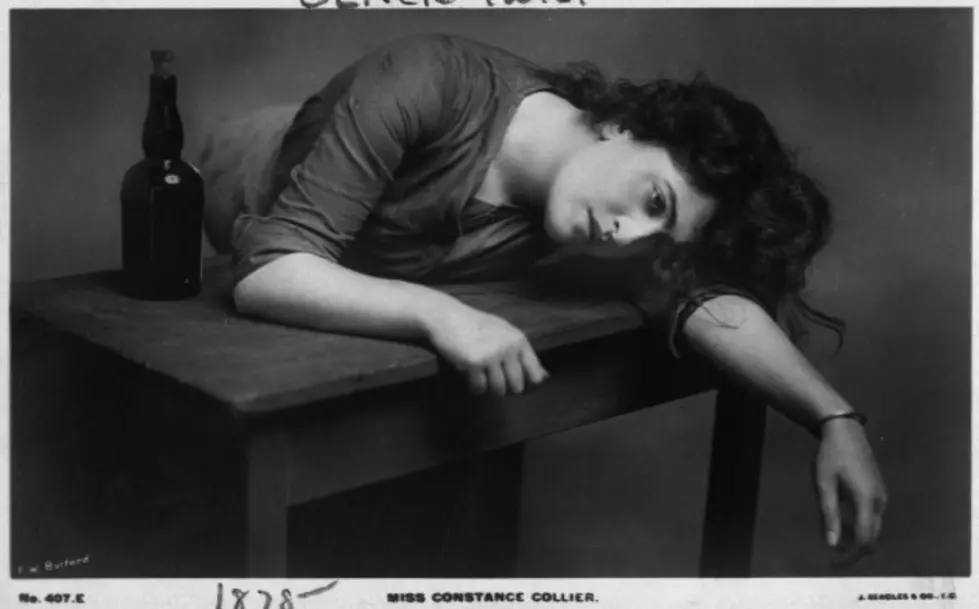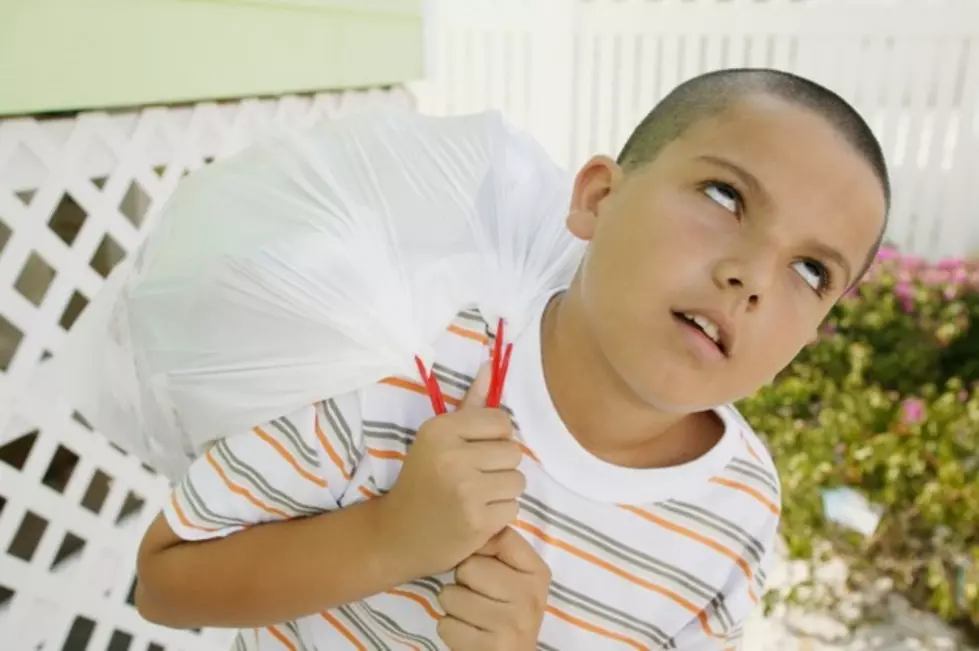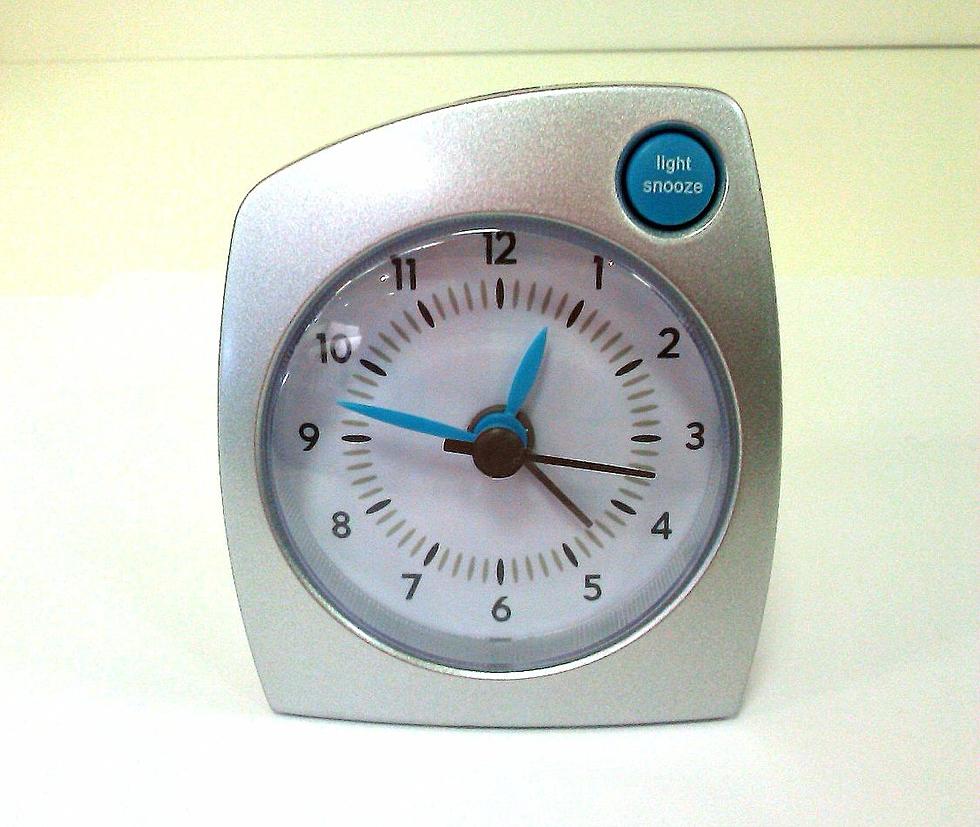
Are You Sleepy after the Daylight Saving Time Change?
Welcome to Daylight Saving Time. At last, it's our first sign of spring's return with the longer days ahead. As much as we like this, the first Monday after the time change is the WORST!
Oh, think back to the fall and how nice it was to get an extra hour of sleep. That Sunday felt like long holiday weekend. Then, when Monday rolled around we were all early to work and felt so ahead of the game. It was great. The trade-off, those nights were dark SO early.
After a long cold winter around Alabama, we're more than ready for warmer days and fun in the sun. With that, we feel like we are due the longer days. So, we get excited and enjoy that first Sunday. Especially, when it's as nice as today! BUT, lookout for tomorrow. Monday. A day that can already be tough to get going, will be that much more. A battle to get the day going an hour earlier, than we're used to.
I wonder, there has to be scientific research on the affects of this annual time change and the likeliness of being late for work on Monday.
Clinical psychologist Michael Breus, PhD, shared his thoughts with ABC News:
Not all of us have the most flexible work schedules, but Breus advises seeking leniency this one day out of the year. "Ask your boss if you can come in to work a little late the Monday after the time change, or ask if you can work from home." For one, this allows you to reap the health benefits of catching up on those all-important lost zzz’s. And if you drive to work, it also allows you to stay off the roads on a particularly hectic and potentially dangerous morning. Research has shown an increase in fatal car accidents on the Monday following the spring time change compared to other Mondays before and after the start of Daylight Savings Time. "It’s not a bad idea to avoid rush hour on Monday morning when roads will be filled with sleep-deprived people running late for work or school," Breus says.
The non-profit group, the Better Sleep Council released these stats based on their research:
39 percent of Americans are in a worse mood following the time change
74 percent over the age of 30 report that sleepiness affects their work
79 percent have difficulty concentrating and higher stress after a bad night's sleep
79 percent would feel better and more prepared for the day with an extra hour of sleep
30 percent are willing to pay $100 or more for that extra hour of sleep at night
Traffic and machine accidents will increase the Monday after the clocks roll forward
The BSC suggests the following activities to fight Daylight Saving Time and the usual post-weekend blues:
- Climb into bed 15 minutes early
- Ditch caffeine after lunch
- Embrace the catnap
- Evaluate bedroom and create a comfortable place to sleep
- Give your bed an ultimatum – if it isn't comfortable or supportive, replace it
- Get out of bed after 20 minutes if you can't fall asleep
- Treat sleep like an appointment you can't miss – schedule time for it
- Eat light at night
- Soak in a warm bath or meditate before bedtime
- Keep a worry journal to help reduce stress before bed
More From Alt 101.7


![Daylight Saving Time Begins This Weekend–Do You Think We Still Need It? [POLL]](http://townsquare.media/site/530/files/2016/03/RS1859_98466737-scr.jpg?w=980&q=75)

![Daylight Saving Time Begins Sunday [VIDEO]](http://townsquare.media/site/530/files/2015/03/RS3894_77885593-scr.jpg?w=980&q=75)




